The stock advice to people who want to improve their writing is that they should read more.
I spent the first forty or so years of my life reading so much that it came to seem presumptuous to put pen to paper (or fingers to the key board – I long ago gave up pen and ink.
Over time, the desire to write somehow became the need to write and I decided that, no matter how poor my attempts seemed compared to writers that I admired, I was going to write anyway.
I’ve been writing for a few years now and I’ve learned some surprising things.
Writing, when I do it as well as I can, is even more fun than reading. It absorbs me totally. There is nothing else that I want at that moment than to write.
Having written means a lot less than the act of writing. Once a story is complete and published (web or print) it’s no longer really mine. At best, the story is like an old lover for whom you have affection but with whom you are no longer intimate. You know each other well but you’ve both moved on. Neither of you are who you were when you were together. At worst the story becomes an ex-colleague that you discover rather belatedly, you never really liked and are glad not to have to spend time with.
To beware of the appeal of the next story, the one that is nudging your imagination, rubbing itself against your ankles and curling its tail around your calf to convince you that you should ditch the half-completed tale that is anyway dying beneath your fingers and move on to something new and fresh and eager. It sometimes turns out to be sweet but more often deserts you before your relationship is consummated in print and leaving you regretting the tale you heartlessly abandoned and to which you now hesitate to return.
That the more you write, the less you know about yourself and the more you know about others. You know more about others because writing fiction demands that you look at the world through many eyes. To wrestle the story onto the page you must live behind those eyes, see what they see, feel what it is to be them. I find that that kind of writing decreases my eagerness to judge. You know less about yourself because you become aware of the vast tracts of unvisited landscape you imagination and perhaps the you that is really you, inhabits and you know that you cannot map it all. The landscape it too large and its attributes are not fixed and you wonder how, if you do not know yourself, others can possibly think that they know you?
Trying to write changes how you read. You see things clearly that, as a non-writing reader, were no more than fleeting impressions. You were perhaps always aware of the writer’s voice or power of visualisation or gift for dialogue but I you probably didn’t find yourself looking at the changes of tense, the modes of exposition, the choice of whether or not to follow the rules of grammar and punctuation.
This last is probably why writers are advised to read. Have you every seen dancers working out choreography? One will try a move; another will copy it and add a step or two. The dancers feed off each other. You can see the eager “I wanna try that” response to the new and the clever and the respect for the perfectly timed and exercise standard. Now writers are not performance artists but they can still feed of on another’s work, still have that “Wow, I want to try that” reaction.
Let me give you an example.
I've just finished James Patterson's "Maximum Ride: The Angel Experiment".
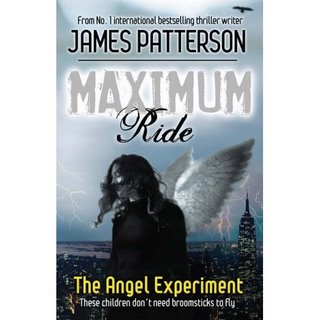 If you know Patterson then it's probably for his thrillers: ingenious, violent, fast-paced, that translate well to film.
If you know Patterson then it's probably for his thrillers: ingenious, violent, fast-paced, that translate well to film.
"Maximum Ride" is one of his books for teens. Still a thriller. Not so violent but the violence that there is not glamorised. Very fast-paced.
It's about a group of kids with wings who have escaped from the lab they were mutated in and who are being chased by were-wolf like Erasers".
Yes, I know. This isn’t the kind of plot that they put on the Eng Lit courses but I think they should.
Listen to the first sentence of Chapter 1 (all the text quoted is also shown on Amazon as copyrighted material)
"The funny thing about facing imminent death is that it snaps everything else into perspective".
Now that grabs the attention
But the next line sets up the book
"Take right now, for instance."
That's what the book does - it takes right now and keeps you right there where everything is happening. Plot provides perspective. Reflection is a by-product of action and yet is the abiding memory of the book
Then comes the narrow focus - you're in someone's head - line, in italics to note the change in view.
“Run! Come on, run. You know you can do it”
So what does it feel like?
"I gulped deep lungfuls of air. My brain was on hyperdrive. I was racing for my life. My one goal was to escape. Nothing else mattered"
See how we go from reflection to exhortation, to close focus physicality in a couple of paragraphs? So now it's time to add some style and hook the teen reader (and the late developers like me) - let's get glib but likeable and stress what "nothing else matters" means and what "snapping into perspective" feels like.
"My arms being scratched to ribbons from a briar I'd run through? No biggie. My bare feet hitting every sharp rock, rough root, pointed stick? Not a problem. My lungs aching for air? I could deal. As long as I could put as much distance as possible between me and the Erasers."
So it's scary but you want to smile and you admire the bravery and subconsciously you register the lyrical value of "sharp rock, rough root and pointed stick" and you sniff intelligence.
But wait up - didn't we just hit a problem of exposition? What are those Erasers with a capital E? The next sentence takes care of that.
"Yeah. Erasers, mutants, half-men, half-wolves, usually armed, always bloodthirsty"
Nine words. That's all he needs to paint the scary baddy. The short phrases sound like you could spit them out while running. The "Yeah" builds character (witty, articulate) and subtly reassures that the baddy isn't going to be up to catching someone this street smart. Nine words for all that.
But we're not done yet. We have to link back the first line on perspective and keep things in the "take right now, for instance" mode. Patterson does it in two lines. The first one is:
"Right now, they were after me."
See the how it comes back to NOW and see how much more threatening "after me" is than "chasing me” - much less game, much more malice.
The second sentences ties everything back the beginning:
“See? That snaps everything into perspective."
Ok - no more quotes.
My point is - this is a fun, easy to read, rapidly paced, action book that makes you think, makes you like the players, and never ever has you skipping text.
As I read it's like have wind under your wings -you soar on Patterson's skill. As a would-be writer, I want to go back and take it apart and see how I could write like that. I want to play with fragments instead of sentences and set up patterns that no one but me will notice but which flavour the dish like salt on meat and I want not to use one single unnecessary word.



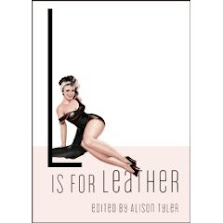
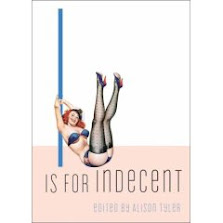


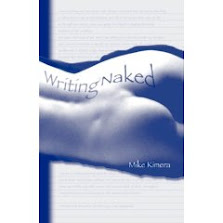
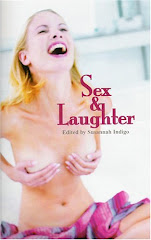
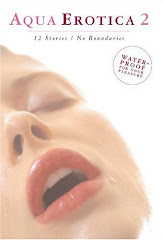

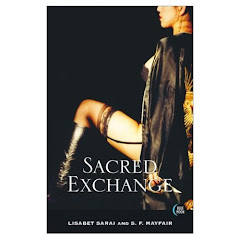
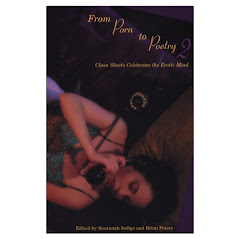
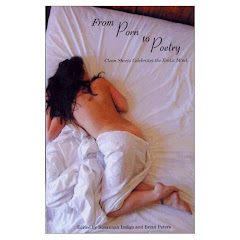



1 comment:
I get to post first :)
and yes..I love Patteron's
work...esp the short chapters.
I wonder why he does that..do
you know????
He gets you right into the
action and the story...no wasting
time..or words. I just finished
Judge and Jury..great ending..
and Patterson was right...his
Beach Road..had his most surprising
ending. Take care.....ML
Post a Comment